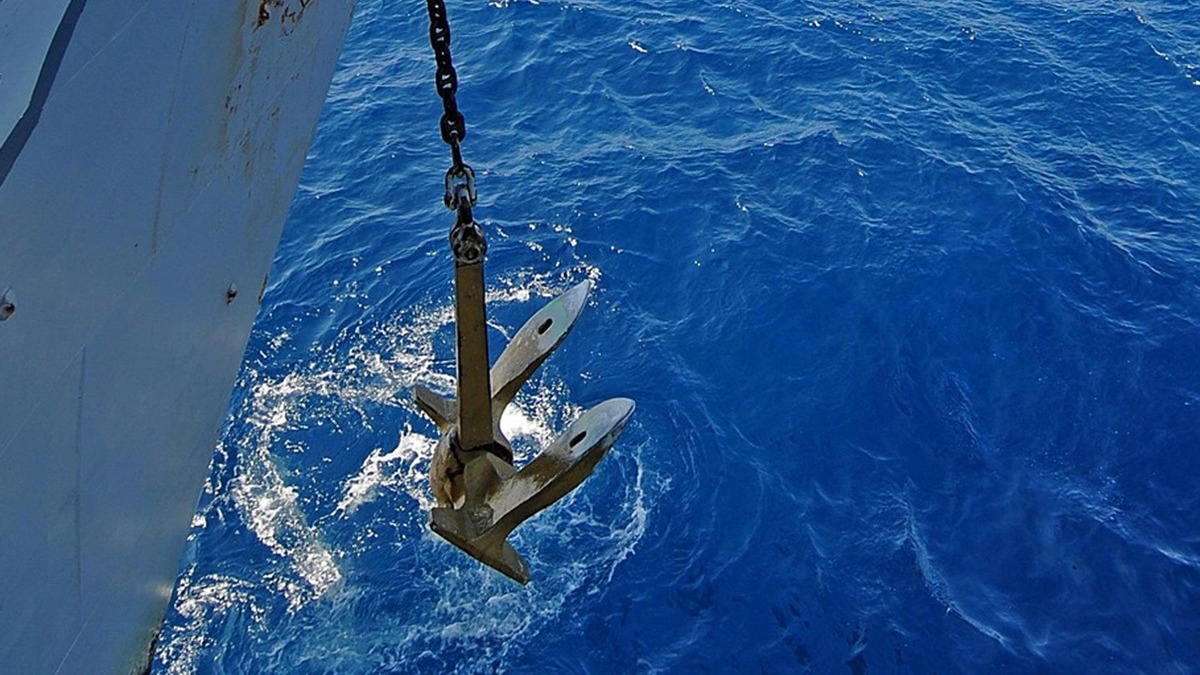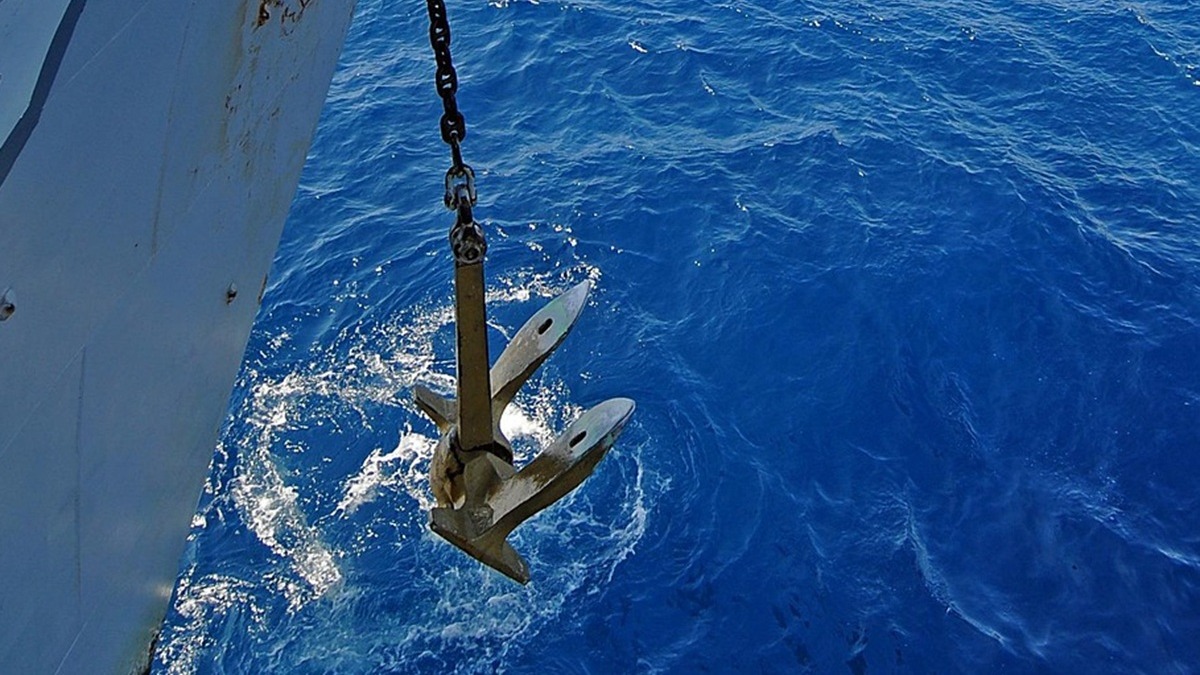WWF has released a report warning about the severe damage caused by ship anchoring to the seagrass meadows of Posidonia oceanica in the Mediterranean Sea. It is estimated that around 50,000 hectares of Posidonia have been directly affected, representing an economic loss of four billion euros. Posidonia is crucial for preserving biodiversity, protecting coastlines from erosion, and carbon sequestration, and is important for fisheries. WWF highlights that anchoring is one of the most critical and easily preventable threats to this species. Approximately 34% of Posidonia meadows have been lost in the last 50 years, emphasizing the urgent need for protection.
Political Perspectives:
Left: Left-leaning outlets emphasize the environmental importance of Posidonia oceanica, highlighting the ecological damage caused by ship anchoring and the urgent need for stronger environmental protections and regulations to prevent further loss. They often frame the issue within the broader context of climate change and biodiversity loss, advocating for sustainable maritime practices and government intervention.
Center: Center-leaning sources report the facts of the WWF study, focusing on the economic impact of the damage to Posidonia meadows, such as the estimated four billion euro loss in ecosystem services. They present the issue as a significant environmental concern that requires balanced solutions involving stakeholders from maritime industries and environmental groups, emphasizing the need for practical measures to reduce harm while considering economic interests.
Right: Right-leaning perspectives may acknowledge the environmental concerns but tend to emphasize the economic and commercial implications, such as the impact on shipping and fisheries. They might stress the importance of maintaining maritime activities and propose solutions that balance environmental protection with economic growth, sometimes questioning the extent of regulatory measures to avoid overburdening the shipping industry.












